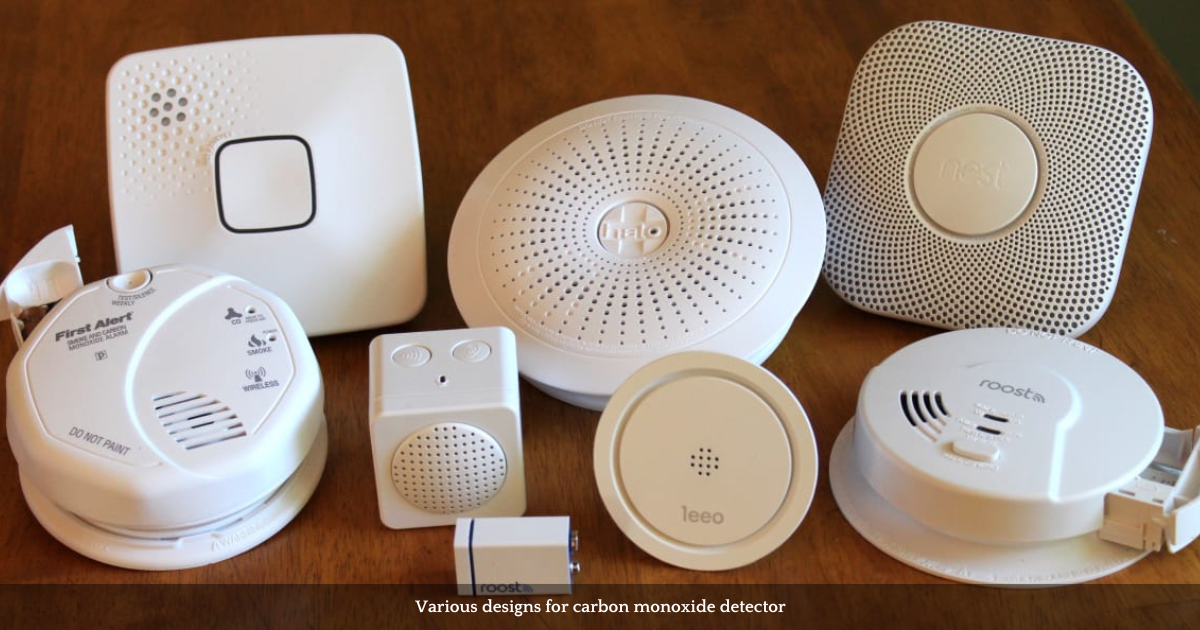Illinois Poison Center Urges Residents to Purchase Carbon Monoxide Detectors, Replace Batteries Annually
With cold weather on the horizon, Illinois Poison Center (IPC) wants to remind the public that heating your home to combat the icy temperatures also increases the risk of carbon monoxide poisoning (CO). Carbon monoxide is frequently called the “silent killer” because it cannot be seen, smelled or tasted and can lead to death.
The IPC notes an increase in CO poisoning in the winter, due to faulty or malfunctioning heaters and furnaces, and urges residents to use a CO detector. As required by Illinois law, IPC recommends installing carbon monoxide detectors on each floor of your home and to have furnaces and other heating equipment inspected annually by professionals. It is also recommended that the public replace the batteries in smoke and carbon monoxide detectors each year.
“Carbon monoxide poisoning can happen at any time, but the risk significantly increases as the weather cools and people begin using their furnace or use other gas-powered appliances for heating,” said IPC Assistant Vice President, Carol DesLauriers, PharmD. “Without a functioning carbon monoxide detector in a home, carbon monoxide can easily go undetected leading to serious injury or death.”
Data comparing carbon monoxide-related IPC calls from colder weather months (Nov. 2021-April 2022) to warmer weather months (May 2021-Oct. 2021) showed a 55 percent increase in cases during the colder weather. Gas-powered heating appliances are the most common cause of carbon monoxide injury in the winter time. Other sources include: oil, wood and gas furnaces and heaters; gas space heaters; charcoal grills; lanterns; gasoline-powered vehicles, such as snow blowers; dryers; and gas stoves and ovens.
Carbon monoxide poisoning usually occurs slowly over a period of several hours; however, at very high concentrations, carbon monoxide can kill in minutes. Carbon monoxide poisoning may result in flu-like symptoms including headaches, nausea, vomiting and dizziness. Severe poisonings may cause convulsions, unconsciousness, brain damage and even death.
“IPC hopes by informing the public of the risks, symptoms and treatment related to carbon monoxide poisoning, we will reduce the number of cases we see this time of year,” DesLauriers added.
If you believe you or someone you know is a victim of carbon monoxide poisoning, seek fresh air immediately. If someone loses consciousness, please call 911 immediately. Once out of immediate danger, call the IPC at 800-222-1222 to receive further treatment advice.
IPC experts are available to provide information and treatment advice 24 hours per day, 365 days per year, including holidays. The call is free and confidential. For more information, visit the IPC’s website at www.illinoispoisoncenter.org.
For more information about the carbon monoxide poisoning and prevention, please visit www.illinoispoisoncenter.org/carbonmonoxide.






